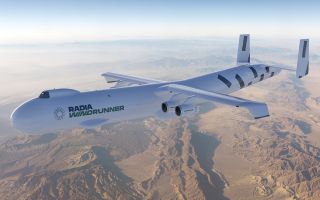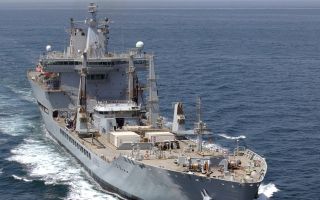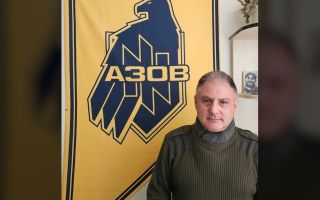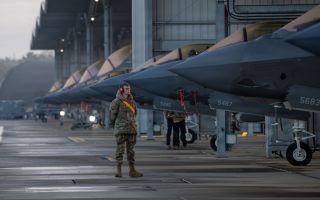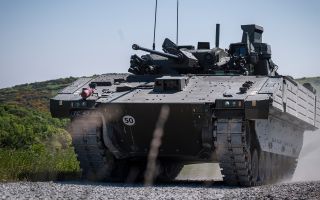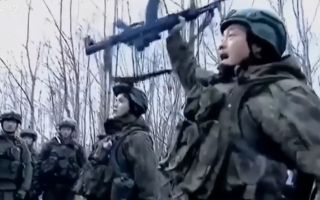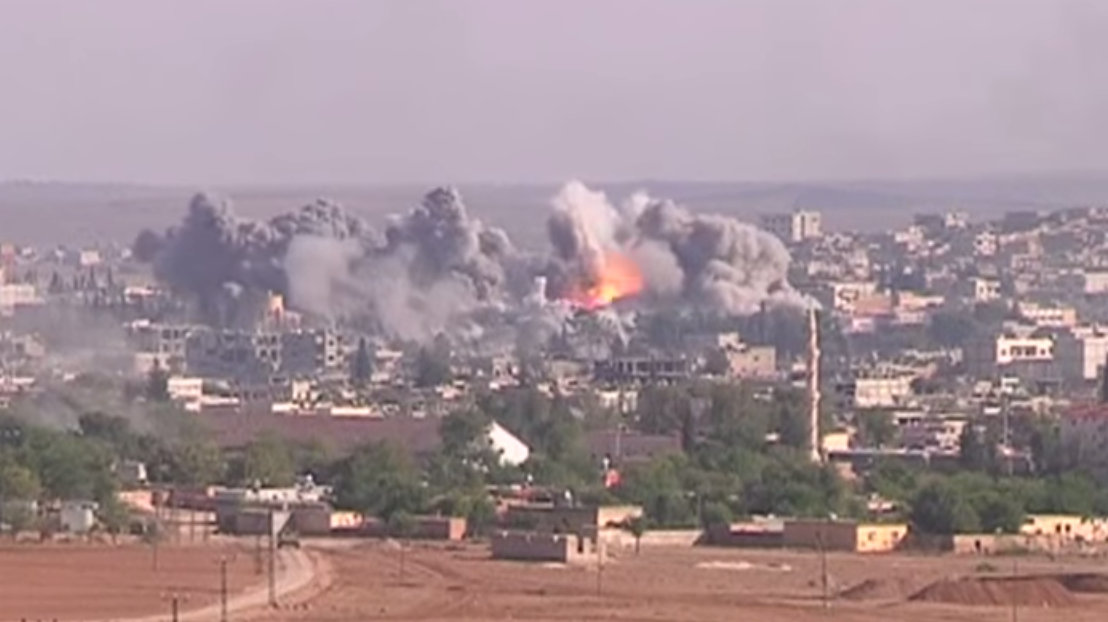
Turkey, Iran & Russia Sign Deal Calling For De-Escalation Zones In Syria

Turkey, Iran and Russia have signed an agreement calling for four "de-escalation zones" in Syria in the latest attempt to reduce violence.
Officials from the three countries that back rival sides in the conflict signed the agreement on Thursday at the Syria cease-fire talks in Kazakhstan.
But some members of the Syrian opposition delegation shouted in protest and walked out of the conference room in Astana, the Kazakh capital.
The opposition has protested about Iran's participation at the conference, accusing it of being a party in the war that has killed some 400,000 people.
The Kazakhstan agreement calls for setting up four zones in northern, central and southern Syria.
The head of Russia's delegation at the talks in Kazakhstan said an agreement will go into effect on Saturday and the Syrian air force is expected to hold its flights over the areas concerned.
Alexander Lavrentyev said the Syrian government will abide by the agreement unless attacks are carried out by rebel groups in those areas.
He said Turkey, Iran and Russia have agreed on the possibility of allowing international observers in case there is not "unanimity" on that.
The agreement calls for delineating zones where front lines between the Syrian government forces and the rebels would be frozen and fighting halted, according to a statement made by rebels.
The zones include areas in the provinces of Idlib and Homs, the eastern Ghouta suburbs outside Damascus, and an area in the south of the country.
Details of the agreement were not immediately made public and it was not clear if international observers will be sent to Syria to monitor its implementation.
A previous ceasefire agreement signed in Astana on December 30 by Russia, Iran and Turkey helped reduce overall violence for several weeks and eventually collapsed.
Military operations are likely to continue against members of an al Qaeda-linked group known as the Levant Liberation Committee, which is active in areas where the four zones are meant to be.
Iran and Russia have been among the strongest backers of Syrian leader Bashar Assad, while Turkey is a main supporter of opposition groups that have been trying to remove him from power.
Turkey and Russia are deeply entangled in the war in Syria, with each country having troops on the ground there.

